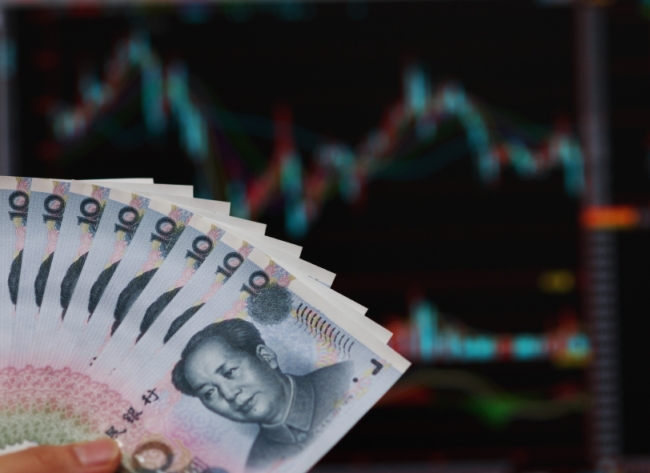Last month, Canadian Mortgage and Housing Corp. chief executive Evan Siddall said that foreign buyers might be responsible for a “substantial portion” of luxury home purchases in Canada’s hottest markets. And a study found that as many as 70% of buyers of single-family homes on Vancouver’s West Side were likely from mainland China. While some feel that Chinese investors are driving Canadian housing prices up too fast, one Vancouver real estate agent is now selling luxury homes directly to Chinese buyers.
Mark Weins, an agent with Macdonald Realty, will be in Shanghai this weekend, selling Canadian homes at an event known as the Luxury Property Showcase, according to a News 1130 report.
A flyer for his trip, posted online, reads, in part: “I’m personally taking a select number of high-end listings to Macdonald Realty’s booth at the exclusive Luxury Property Showcase in Shanghai. As a Caucasian, Chinese speaking REALTOR born and raised in Vancouver, I’ll be able to uniquely market your home to an invitation-only audience of 5,000 VIP luxury buyers in China.”
While Weins isn’t doing anything illegal, News 1130 reports that there’s been some online outrage over his trip. What’s more, some feel the flood of foreign investment will have broader economic consequences.
Hilliard MacBeth, author of “When the Bubble Bursts: Surviving the Canadian Real Estate Crash,” told News 1130 that foreign investors are fueling unchecked speculation in the housing market.
“Most countries in the world, including Australia – which has a very large amount of foreign buying from China – keep very close track of it,” MacBeth told News 1130. “They go one step further. They put a tax on it as well, and that would very much be a good idea, I think, in terms of not letting people just buy properties and sit on the, and not pay any taxes while they’re waiting for prices to rise.
“That’s one of the biggest factors of creating bubbles and making them worse, are people speculating by buying and then just sitting rather than using the properties,” MacBeth added. “A tax would help a lot with that, because then that adds the burden to the speculator, whether that be a foreign speculator or even a domestic speculator.”


